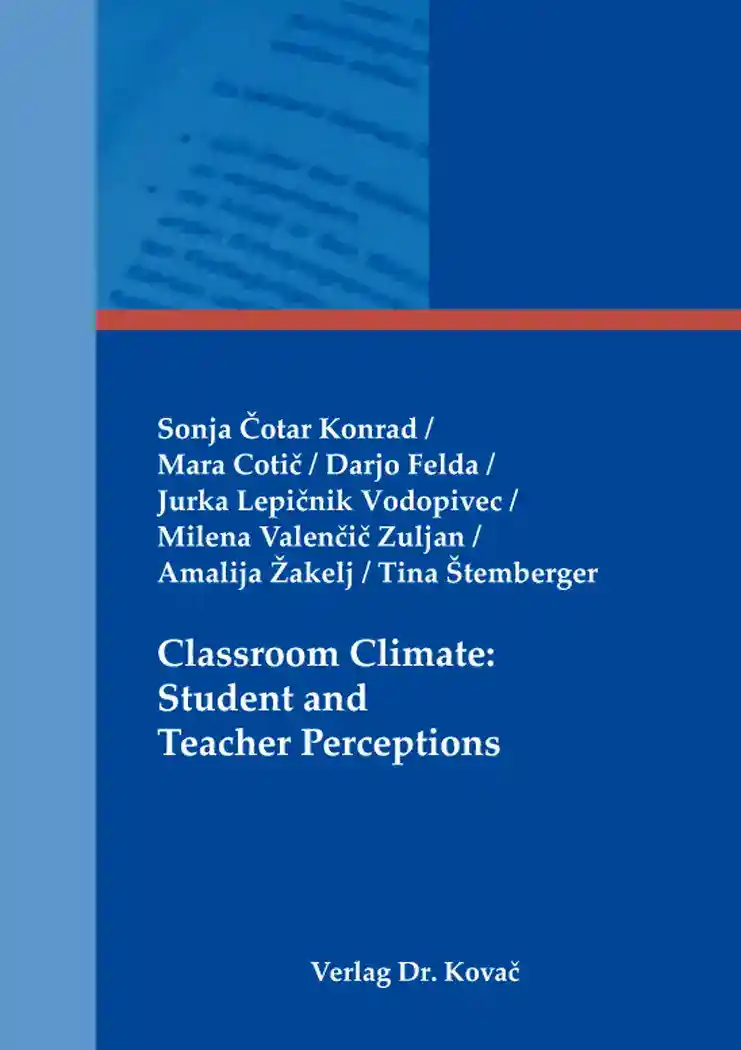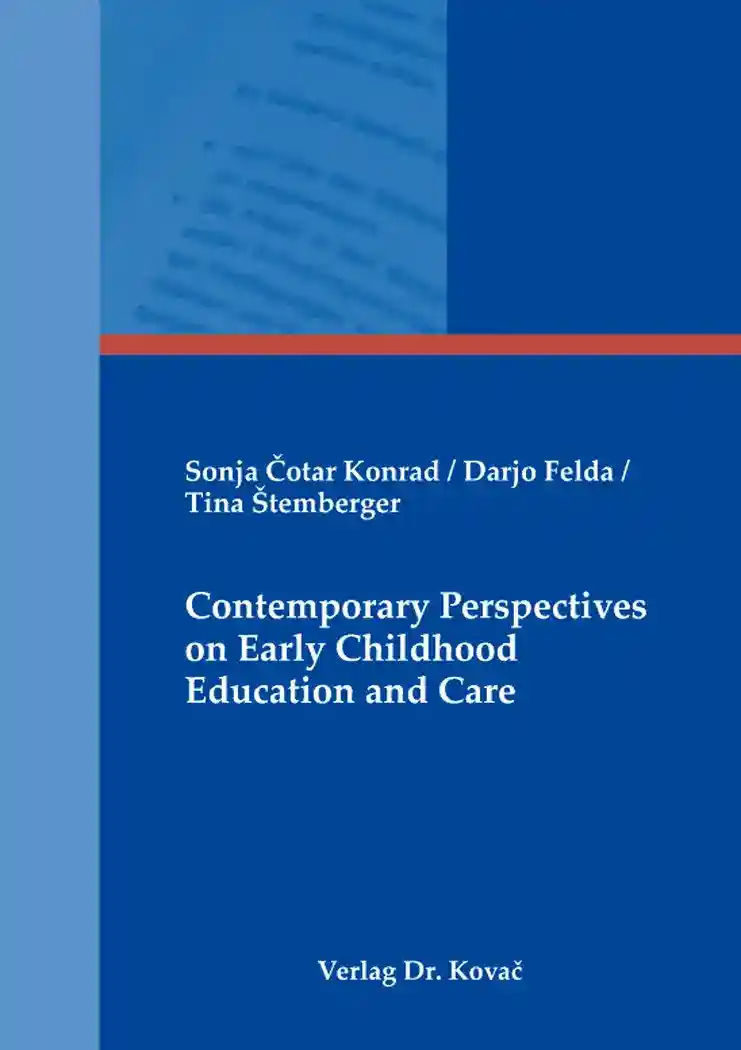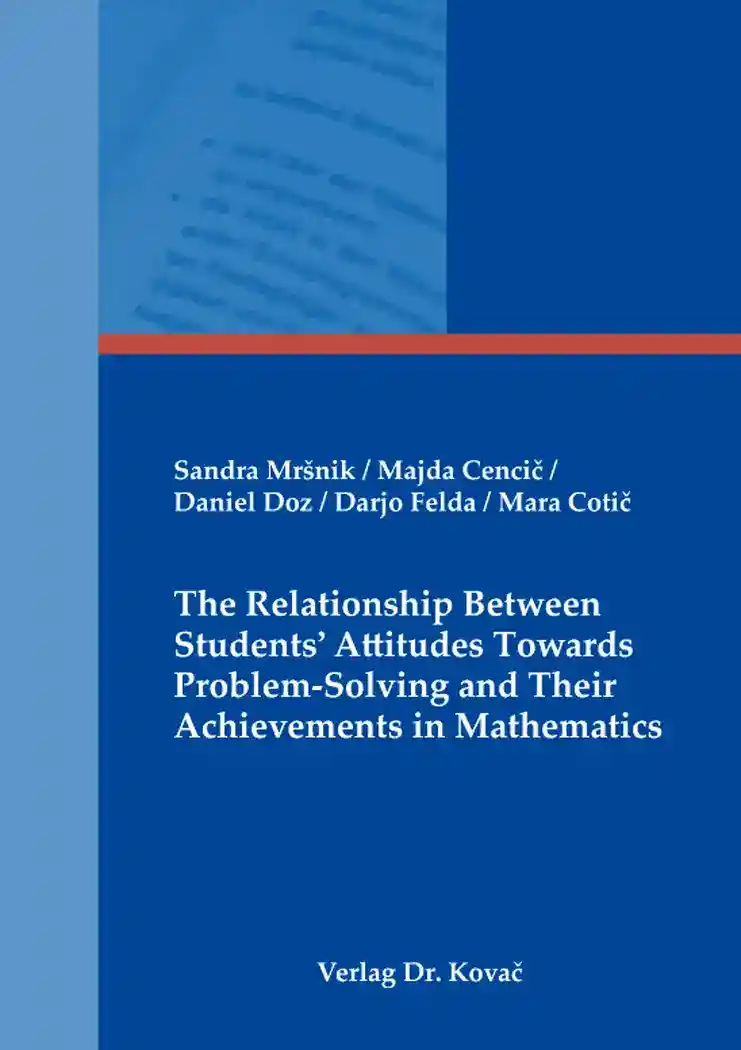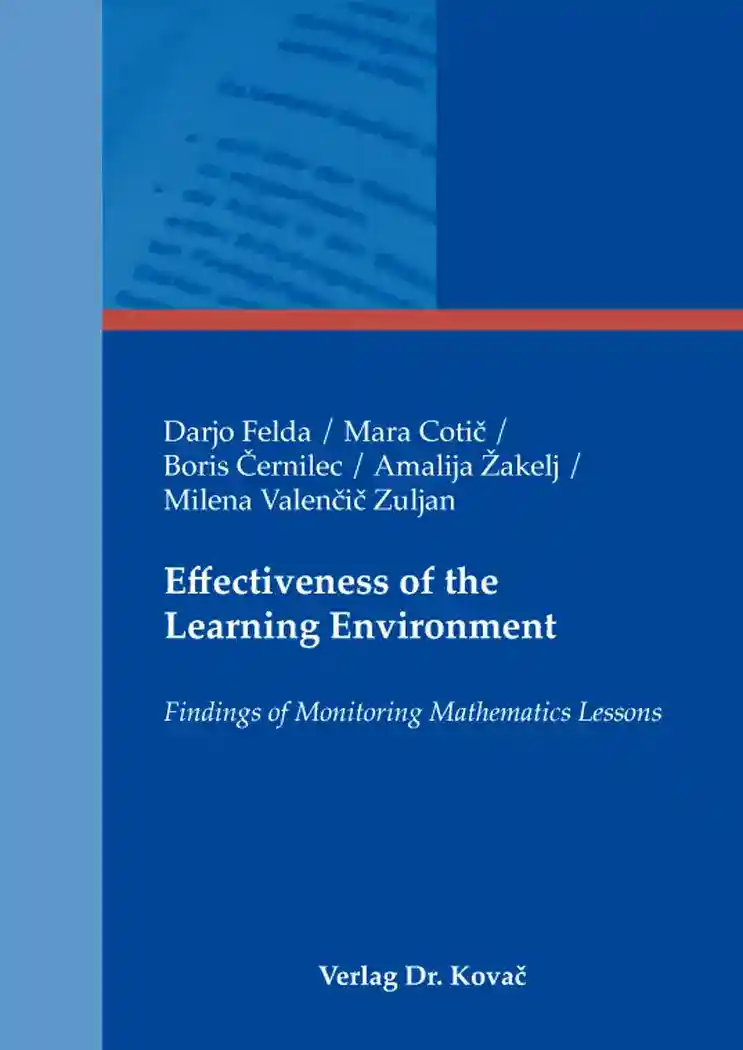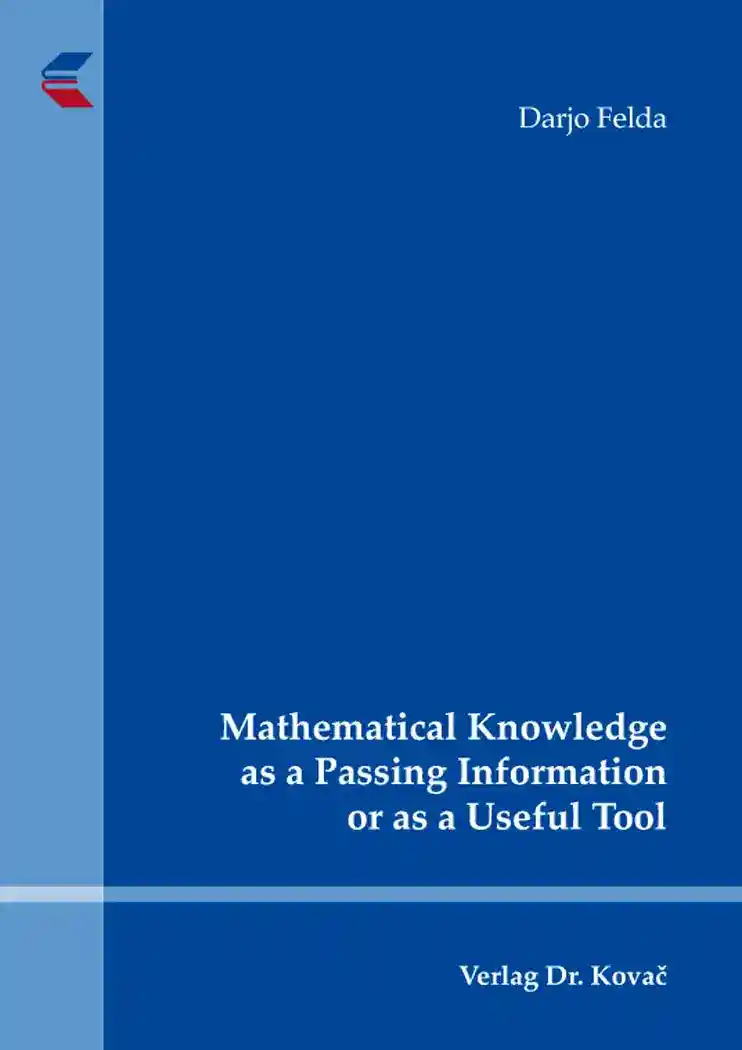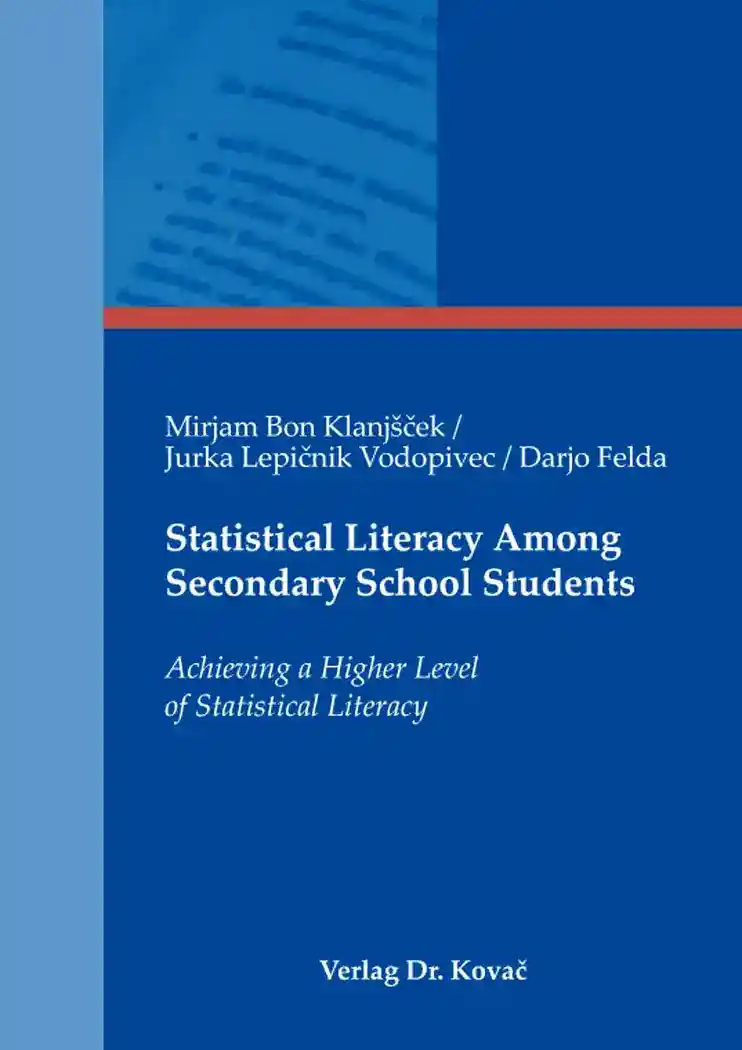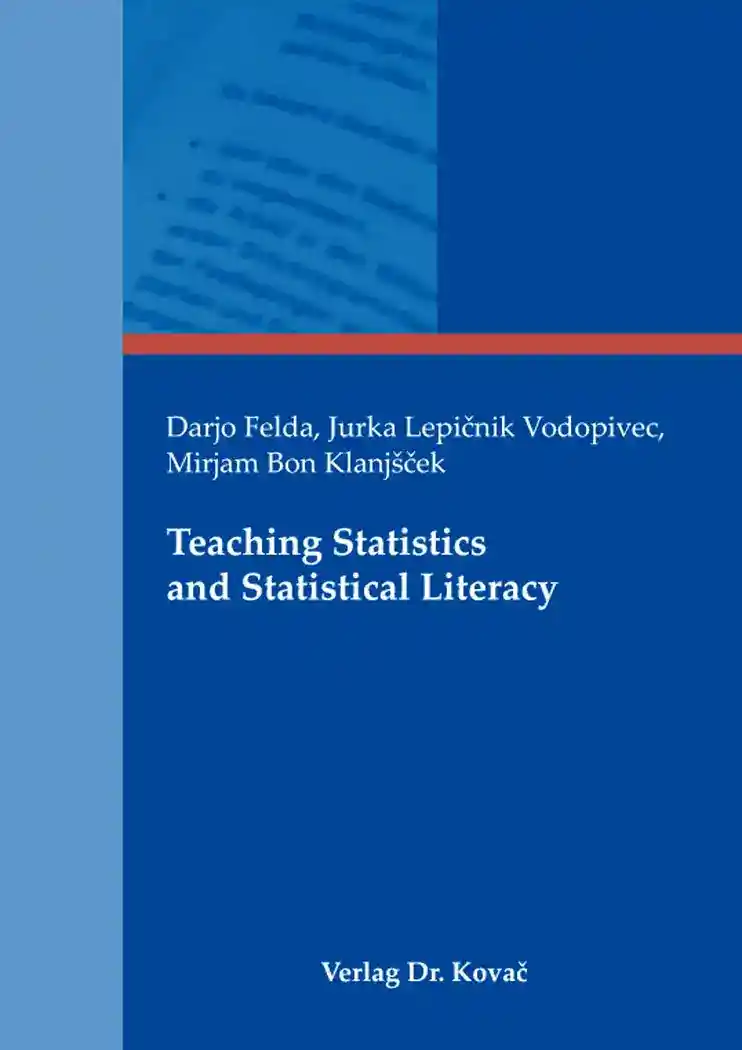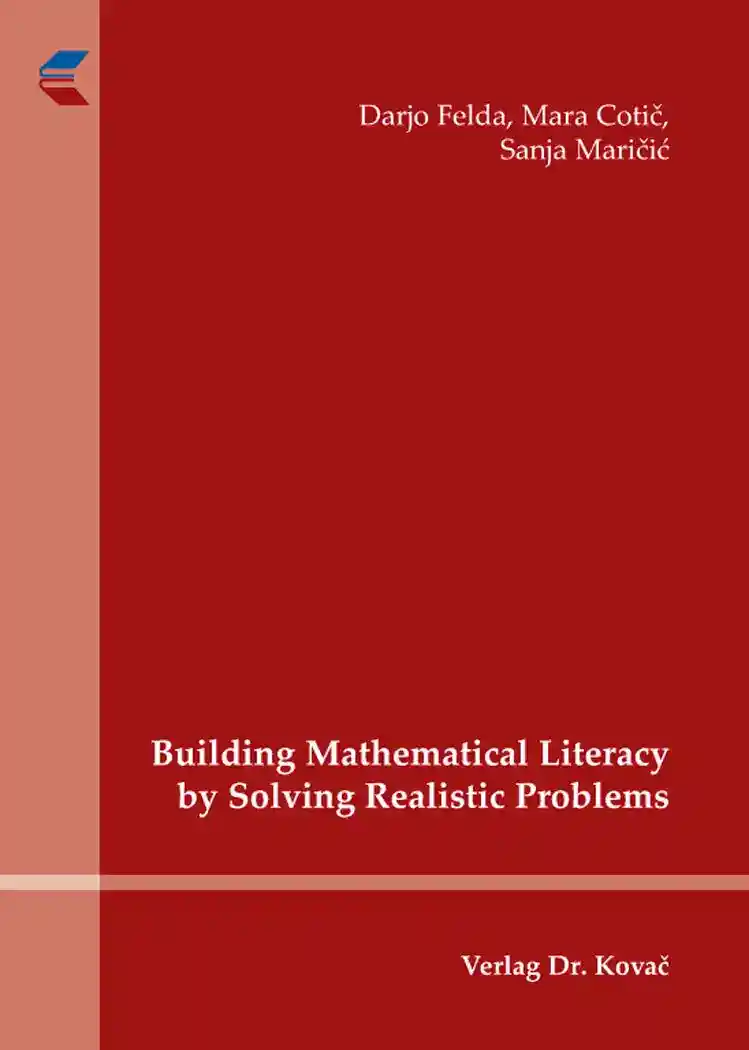Sonja Čotar Konrad / Mara Cotič / Darjo Felda / Jurka Lepičnik Vodopivec / Milena Valenčič Zuljan / Amalija Žakelj / Tina ŠtembergerClassroom Climate: Student and Teacher Perceptions
Studien zur Schulpädagogik, Band 93
Hamburg 2021, 118 Seiten
ISBN 978-3-339-12570-5 (Print) |ISBN 978-3-339-12571-2 (eBook)
Zum Inhalt
The scientific monograph entitled Classroom Climate: Student and Teacher Perceptions comprises the theoretical and empirical sections.
The theoretical section focuses on the justification of the school’s role of a place that encourages the development of the student’s potentials where we aim to highlight that the teaching and learning of contents prescribed by the curriculum are coupled with other processes that are important for an individual’s development and the development of society and are based on communication and interaction on various levels: between the students, between students and teachers, betwaeen teachers and other employees. We then focus on school climate that is an integral part of the school culture and which has been shown by extensive research to be strongly linked to the students’ results. We also consider the classroom climate which is mainly marked by what is happening in the classroom, the classroom atmosphere, mood and environment. Further on, we highlight the importance of interpersonal relationships, interaction and communication in the classroom as important factors of school and classroom climate and we point out to numerous roles of a teacher and their competences. In the empirical section, we present the course and results of the survey involving 1,531 students from Slovenian primary schools and 348 teachers who teach at Slovenian primary schools. The results show that both students and teachers demonstrate a relatively neutral experience of the general classroom climate, students’ peer relationships and the student–teacher relationship, whereby teachers rank all three competences higher than the students. We found that the students’ perception of the general classroom climate, peer relationships and the student–teacher relationship differentiates subject to age and academic achievements. It turns out that older students and students with poorer academic achievements report a lower level of satisfaction with classroom climate, peer relationships and the student–teacher relationship. The teacher’s perception of classroom climate, peer relationships and the student–teacher relationship does not differentiate either subject to the stage of professional development or the professional title. The analysis also leads to the conclusion that there is a moderate to high level of correlation between the self-perception of the student’s relationship with peers and the relationship with the teacher, meaning that the students who experience relationships with other students negatively also experience the relationship with the teacher negatively.
Schlagworte
BildungsprozessDidaktikHochwertige BildungKommunikationLernumgebungPädagogikPädagogische PraxisPeer-BeziehungenRolle der SchuleSchüler-Lehrer-BeziehungenSchuleSchulklimaIhr Werk im Verlag Dr. Kovač

Möchten Sie Ihre wissenschaftliche Arbeit publizieren? Erfahren Sie mehr über unsere günstigen Konditionen und unseren Service für Autorinnen und Autoren.
Weitere Bücher der Autoren
Contemporary Perspectives on Early Childhood Education and Care
Hamburg 2023, ISBN 978-3-339-13530-8 (Print) |ISBN 978-3-339-13531-5 (eBook)
Hamburg 2022, ISBN 978-3-339-13074-7 (Print) |ISBN 978-3-339-13075-4 (eBook)
Effectiveness of the Learning Environment
Findings of Monitoring Mathematics Lessons
Hamburg 2020, ISBN 978-3-339-11730-4 (Print) |ISBN 978-3-339-11731-1 (eBook)
Mathematical Knowledge as a Passing Information or as a Useful Tool
Hamburg 2019, ISBN 978-3-339-10958-3 (Print) |ISBN 978-3-339-10959-0 (eBook)
Statistical Literacy Among Secondary School Students
Achieving a Higher Level of Statistical Literacy
Hamburg 2018, ISBN 978-3-339-10356-7 (Print) |ISBN 978-3-339-10357-4 (eBook)
Teaching Statistics and Statistical Literacy
Hamburg 2017, ISBN 978-3-8300-9648-1 (Print) |ISBN 978-3-339-09648-7 (eBook)
Building Mathematical Literacy by Solving Realistic Problems
Hamburg 2016, ISBN 978-3-8300-9105-9 (Print) |ISBN 978-3-339-09105-5 (eBook)
